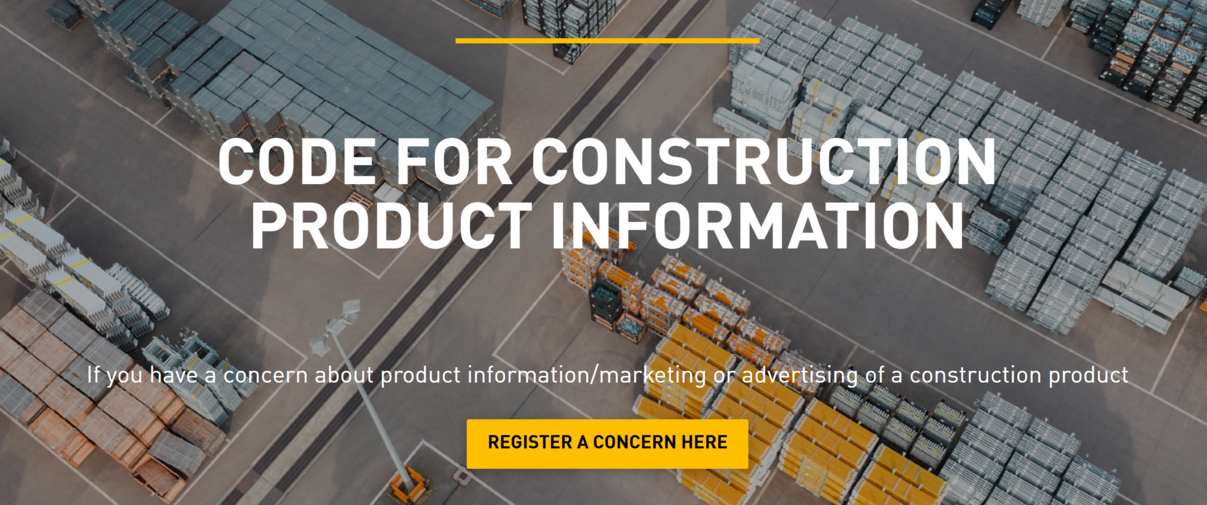5 quick ways to get your construction or property content strategy started

Figuring out what to share online when you’re developing a construction or property content strategy can sometimes be hard work. You might have too much to go at, making it hard to prioritise; or you can struggle to come up with enough ideas and end up staring at a blank piece of paper.
If either of those apply to you, a simple tactic make your life easier is to split your thoughts into categories. Once you’ve got those lists, you can start putting topics into a timeline and creating your content strategy.
Here’s five categories that you can use to get started with your construction or property content marketing:
- The benefits of your product, broken up into themes
- Things customers don’t know that could cost them time and money
- Vital information customers need to know about your business
- Regular objections or questions the sales team get on the phone
- New products launching to market
1 - The benefits of your product, broken up into themes
Why do people want to buy your product or use your service? Write down the main ways you add value for your customers, for example:
- Increase productivity on site
- Cut out paperwork and administration
- Limit health and safety incidents
- Limit tool theft and materials loss
…then dig into each one to create a group of examples for each theme which show off the practical ways in which your product or service does this. For example, a theme in my work with Hilti has been how their tools and software services increase productivity on the job site.

We created web articles which dug into this, including:
- Why communication in construction means profit
- Productivity stories
- Be more productive on site with Hilti ON!Track
Each blog looks at the issue of how to increase productivity on the construction site from a different angle, and it uses Hilti products as an example. They are informative, useful and highlight benefits that customers may not have considered.
2 - Things customers don’t know that could cost them time and money
You are, no doubt, an expert in your particular niche. That means you will have loads of knowledge including arcane legal details, surprising ways of using your product, upcoming legislation and lots more.
Your customers (and potential future customers) often don’t know these things, and not knowing can cost them. What might seem run-of-the-mill to you, the expert, is often extremely valuable to non-experts.
LEVEL Workspace’s efforts to highlight the potential hidden costs of office leases is a case in point. Quotes often don’t include:
- Service charge
- Business rates
- Internet, cleaning and maintenance
- Fit-out and furniture
- Legal fees and dilapidations on exit
When they are included, LEVEL has found they people are paying up to £30-£50 per sqft on top of what they were quoted. They've stopped people making this expensive mistake in the past and used that experience to educate people through content marketing.
We created a blog post for the website:

And also turned it into a great social post to get the word out there:

It’s important information for people to have, and it positions LEVEL as the experts in the market that people can turn to when they are searching for their next office space.
You can do the same with your expert knowledge!
3 - Vital information customers need to know about your business
Regulations, accreditations, certifications, assessments… everything in construction and property needs to meet certain standards. If you are supplying products or services into the industry, you will have had to go through the often painstaking process of meeting those standards – so talk about it!

It’s vital for your customers to know that you have met the requirements for…
- BREEAM
- Fire testing
- BBA
- ISO
- UKAS
…or any other professional standard that guarantees quality. They might even need to see certain accreditations in order to appoint you – which means talking about them on your website and social media is a good way to reassure potential customers and inspire confidence.

A key selling point of Specwall is its high levels of fire resistance. It’s an A1 rated walling system which can resist fire for over three hours. We made a big deal out of it, then kept returning to the theme in other blog articles, on social media and in print to make sure everyone was aware of the achievement and how it would benefit their project.
4 - Customer objections or questions the sales team get on the phone
It’s an old cliché that sales and marketing teams should work together, but they often don’t. However, you should try and make that happen somehow. If the sales team are getting the same questions or objections over and over again on the phone, it’s a good sign that potential customers aren’t getting all the information they need.
You can use that to fill up your content strategy with useful, valuable topics that you already know your customers will be interested in. Take Alliance Investments as an example:

The sales team fed back that they were getting interest from overseas buyers, but they all had similar questions around why they should invest in UK property, how they should go about it, what the risks were, the legalities, taxes and more.
We responded by creating a range of educational material aimed at those customers which the sales team could send out whenever they needed to. It saved them time and made their task easier, leading to more sales. It also worked as a new marketing tool on its own which helped us improve lead gen.

5 - New products launching to market
Lastly, and perhaps most simply, look ahead at the next 12 months and work out what products or features you are launching. Plan for them with a series of web articles, social media posts, brochures, downloads and anything else that is applicable so that you’ve got marketing work ready to go.
For example, if you're launching a new property development for the market, you could write a series of articles about:
- The interior design
- The communal facilities and green spaces
- The lifestyle amenities
- Local connectivity and location
- The economic case for buying
- The luxury and prestige elements
- Developer track record to showcase quality and reliability
- The buying process
- Aftercare procedures
Some of the best marketing material and campaigns we produced for FI Real Estate Management (FIREM) were a result of this. They have a big property portfolio that is always expanding. We prepared brochures ahead of time to go with web content and social posts:

These were attention grabbing and ready to go so the launch could be as strong as possible. A good first impression is vital and it makes for an ideal source of ideas when it comes to planning your content strategy!
Construction marketing support and content writing
Want help with your construction or property content strategy? Got lots to say but not sure how to best get it across to your customers? Contact me today for a chat about what you need and how I can help!




.png)


